
17 May Confronting Generational Trauma & Halting the Legacy of PTSD
A Neuro-Scientific Based PsychoSocialSomatic Approach
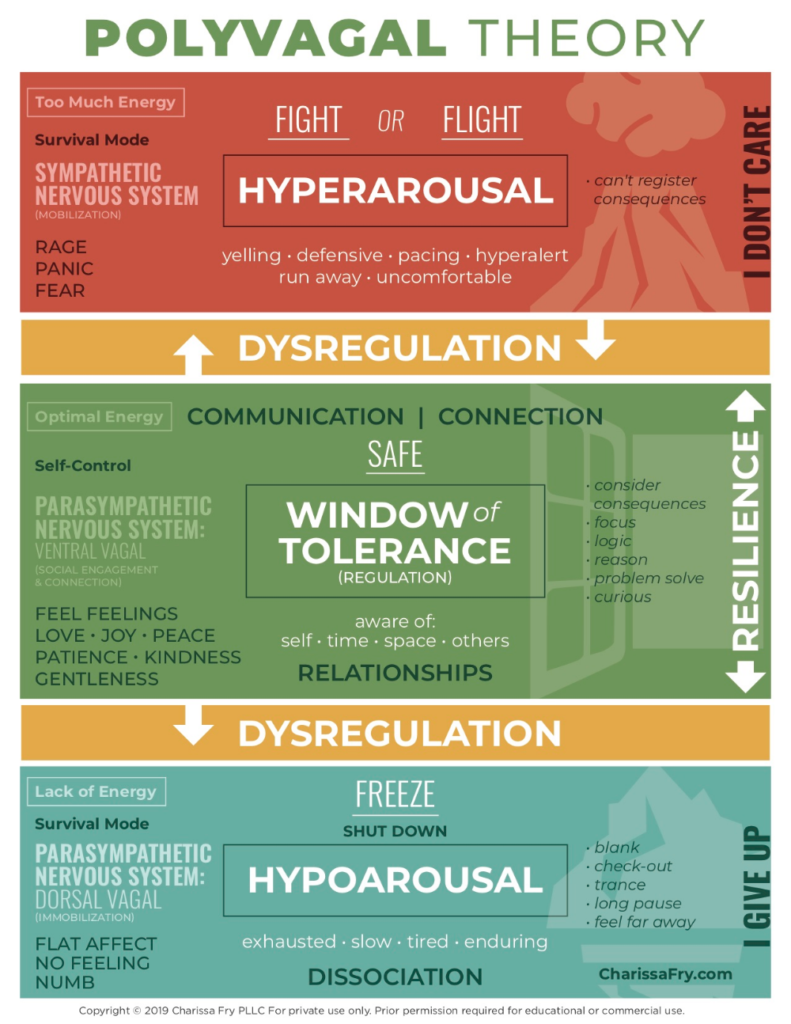
Contact The Trauma recovery Institute
Book a Consultation to Learn How We Can Help
The Trauma Recovery Institute is a leading organisation in treating trauma and trauma based presentations which may manifest in chronic disease, depression, personality disorders, dissociation, ptsd and challenges in functioning in life and loving relationships. The Trauma Recovery Institute offers a number of trauma informed services, courses, workshops and programs promoting and educating on trauma informed frameworks.
Trauma clinicians at The Trauma Recovery Institute have a wealth of experience in clinical hours, diversity of client work, research and scientific training and offer expertise in working with complex ptsd, personality disorders and sexual abuse recovery. We also offer a specialised trauma and polyvagal informed program for addressing intimacy and relationship challenges using trauma informed relational model. We offer in person and Skype consultations for you to explore our neuroscientific based psychosocialsomatic approach. These consultations are suitable for individuals, professionals, families and couples. Our Private Clinic is suite 10, 86 Amiens Street Dublin 1.
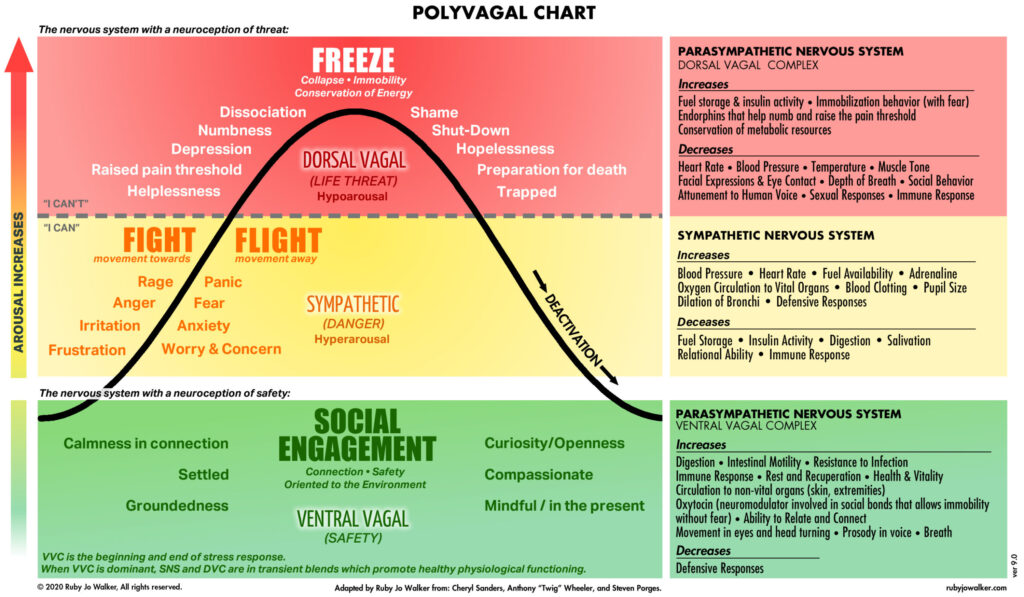
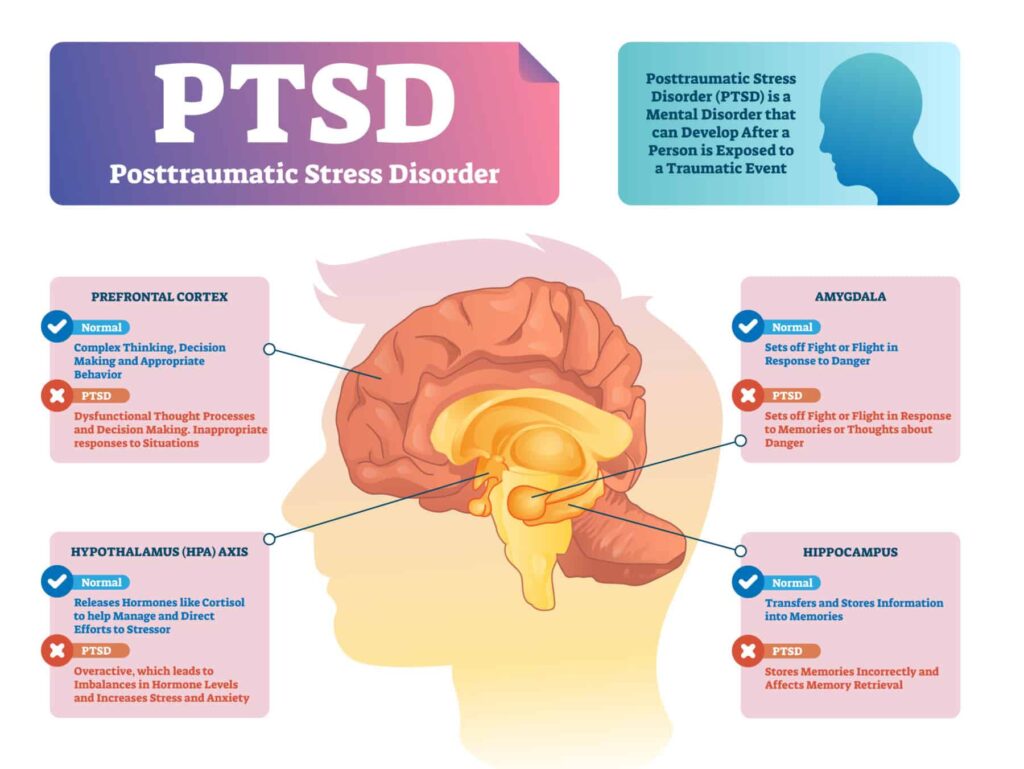
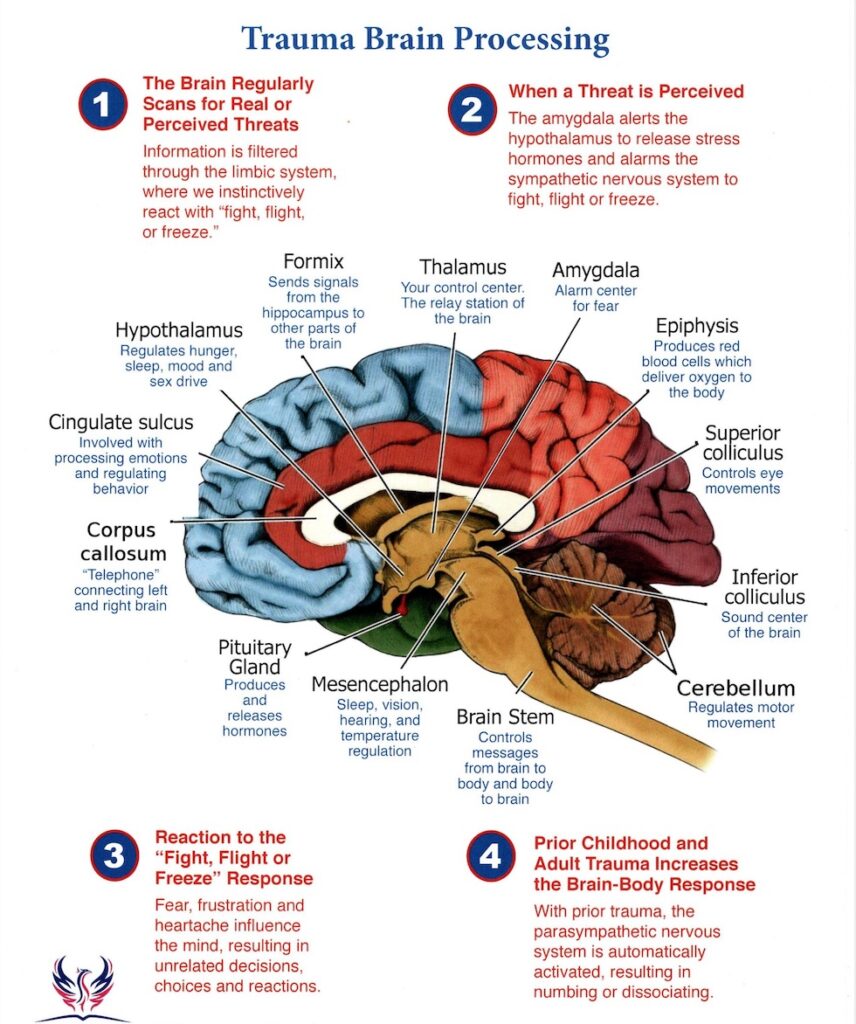
The Effects of Chronic Threat
When threat is chronic, when danger never goes away and there is no possible resolution, as is the case in abusive families, the entire organism remains in a defensive-orienting response and the nervous system remains locked in a state of high sympathetic arousal and vigilance. In case of early or severe trauma, when infants cannot run from threat or fight back, arousal levels can be so dangerously high that they threaten to overload the nervous system, and often do so. Locked in perpetual, painful high arousal, the only alternative, the fallback position, is to go into a freeze state, which infants and small children accomplish by numbing themselves. Until the defensive-orienting response is completed and the high levels of arousal are discharged from the nervous system, the environment continues to feel unsafe even when the actual threat is gone. Being locked in an unresolved defensive-orienting and freeze response can become a lifelong state, as we see in individuals with the Connection Survival Style. Tonic immobility and other kinds of freeze responses are intended to be time-limited. When the threat has passed, animals return to normal functioning by allowing their bodies to tremble in order to shake off the high sympathetic arousal. In the face of chronic threat, however, when a fetus, infant, or child remains in a persistent freeze state, he or she is living in a parasympathetic dominant state of collapse. When collapse and threat continue, individuals seek comfort from this unbearable state by detaching their consciousness from their ongoing painful experience. They disconnect from bodily experience and from the threatening environment. This disconnection is the beginning of what can become a lifelong dissociative pattern.
Trauma Recovery at The Trauma Recovery Institute
Dynamic Psychosocialsomatic Psychotherapy is a scientifically informed approach to the experience of self, embodied self, and self-in-relationship. Through the use of top down and bottom up models such as somatic
minfulness, we call upon the body’s natural regulatory mechanisms to support the brain’s relationship to and interpretation of sensory experience. Somatic mindfulness is a bottom-up, nonverbal skill for self-reflection that helps us examine the internal relationships between body, brain and self. It supports being present to, but not identified with, shame and pride-based identifications. By exploring the links between our in-the-moment conscious experience and our unconsciously held in-the-gut encoded memories, Dynamic Psychosocialsomatic Psychotherapy supports the capacity for regulation. By helping clients build tolerance for stress and increased levels of arousal, Dynamic Psychosocialsomatic Psychotherapy seeks to expand the neural networks of descending and ascending communication that organize experience. In this way we can better know what we are feeling about our thoughts and what we think about our feelings. Dynamic Psychosocialsomatic Psychotherapy principles, tools, and techniques, contribute unique approaches to stabilizing nervous system activation by encouraging new neurological connections, facilitating neural interconnectivity, and nurturing neurological deficits. For example, by making resourcing central to Dynamic Psychosocialsomatic Psychotherapy while supporting greater compassion for ourselves and others, treatment is delivered in a context of support, accessing the brain-building capacity of positive experiences. Many of the disorders that have been seen as purely pscyhological are now being reframed to include neurobiological correlates and mechanisms. Taking into consideration that trauma can damage the brain itself, Dynamic Psychosocialsomatic Psychotherapy supports the development of skill-building techniques that bring organization and regulation to impaired functioning.
Trauma specialist
Darren Maguire M.I.G.P.S is a psychodynamic psychotherapist and complex trauma specialist and currently serves as the clinical Director at Trauma Recovery Institute. Darren has a background in psychology, addiction treatment, transference focussed psychotherapy, conscious parenting and relationship coaching. Darren has developed a number of theoretical and practical models for working with complex trauma, sexual abuse and challenging relationships. These models are grounded in classical object relations, polyvagal theory, attachment research and interpersonal neurobiology. Darren also teaches lifestyle medicine and plant based nutritional science at Plant Based Academy. Darren is passionate about lifestyle medicine which is rooted in systems biology, and its clinical applications to help treat symptoms of the cell danger response such as chronic disease and autoimmune disorders. Darren has developed a unique multidiscipline approach to body mind medicine called Dynamic Psychosocialsomatic Psychotherapy (DPP). This approach is an integrative treatment approach for working with complex trauma, borderline personality organization and dissociation. This treatment approach attempts to address the root causes of trauma-based presentations and fragmentation, seeking to help the client heal early experiences of abandonment, neglect, trauma, and attachment loss, that otherwise tend to play out repetitively and cyclically throughout the lifespan in relationship struggles, illness and addictions. Dynamic Psychosocialsomatic Psychotherapy (DPP) is our unique approach which is trauma & polyvagal informed neurosequential orientated complex trauma recovery grounded in Interpersonal Neurobiology, an integrative, consilient and coherent blend of bottom up and top down therapeutics delivered through a framework of safety and collaboration helping clients on their journey from reactive survival to receptive secure functioning.
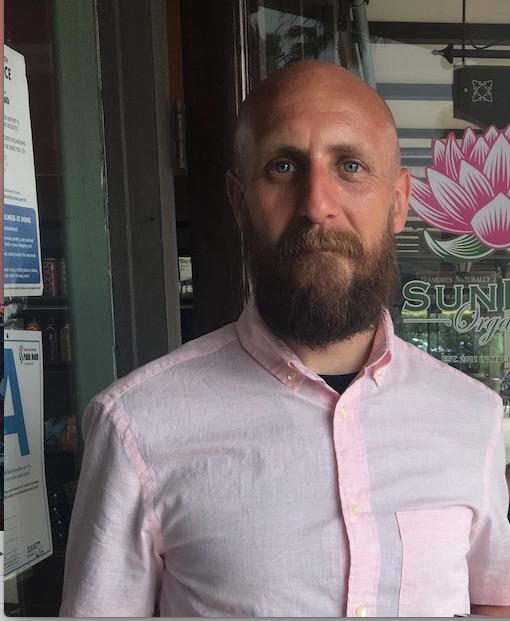
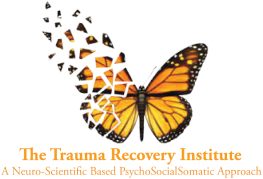

DarrenMaguire
Posted at 10:10h, 08 Februarynice